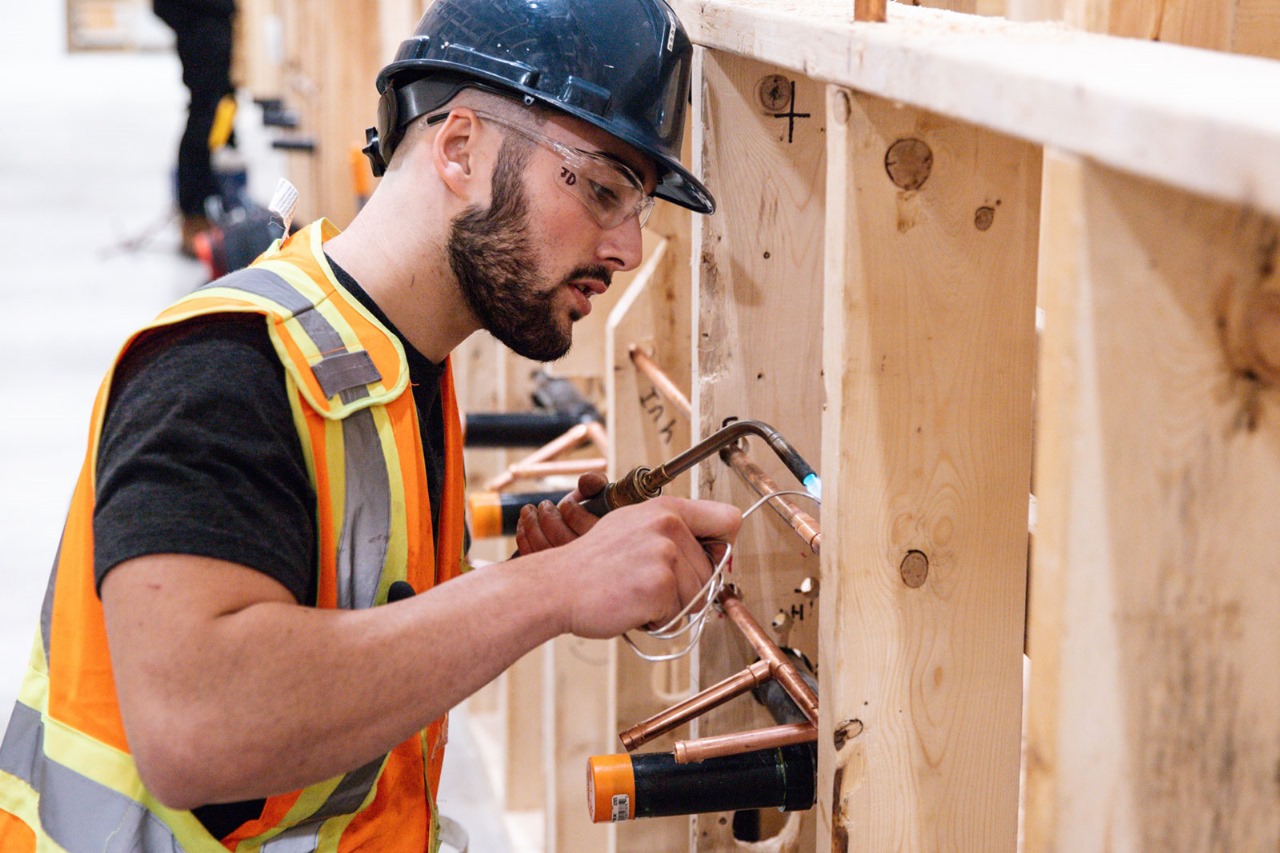The construction industry is more than just hard hats and heavy machinery—it’s a field filled with opportunities for growth, creativity, and impact. From building towering skyscrapers to restoring historical landmarks, careers in construction offer a rewarding path for those ready to put their skills to work. But what does it really take to succeed in this dynamic field? While technical knowledge is important, the most successful professionals combine it with a powerful set of personal and professional skills.
In this article, we’ll explore the essential skills you need to excel in construction, whether you’re just starting your journey or looking to advance in your career.
Understanding the Scope of Careers in Construction
Before diving into the skills, it’s important to understand just how broad careers in construction can be. The industry spans multiple specialties, including:
- Residential construction (homes, apartments, townhouses)
- Commercial construction (offices, retail, hospitality)
- Infrastructure projects (roads, bridges, rail systems)
- Specialty trades (electrical, plumbing, HVAC, masonry, carpentry)
Each role demands unique expertise, but all share a common need for skill, dedication, and adaptability. Construction is not just about building structures—it’s about creating safe, functional, and lasting spaces that serve communities.
Technical Skills for Construction Success
1. Construction Knowledge and Tools Proficiency
A solid understanding of building techniques, safety protocols, and material properties is essential. Skilled professionals know how to interpret blueprints, operate machinery, and apply the latest industry standards. For example, electricians must be proficient in wiring systems, while carpenters need precision in cutting and assembly.
2. Blueprint Reading and Interpretation
Blueprints are the roadmap for every project. Professionals in careers in construction must be able to read, understand, and apply these documents to ensure accurate execution. Misreading a blueprint can lead to costly delays or safety hazards.
3. Safety Compliance and OSHA Standards
Construction sites can be dangerous without strict adherence to safety rules. Understanding Occupational Safety and Health Administration (OSHA) regulations, proper equipment handling, and hazard recognition is non-negotiable for a successful career.
4. Knowledge of Emerging Technologies
Modern construction increasingly relies on technology such as Building Information Modeling (BIM), drones for site surveys, and 3D printing for components. Staying updated on these advancements can set you apart in a competitive market.
Soft Skills That Make a Difference
1. Communication Skills
From site supervisors to apprentices, clear communication keeps projects running smoothly. Workers must convey instructions, updates, and safety concerns effectively to avoid misunderstandings.
2. Teamwork and Collaboration
Construction projects require seamless collaboration between multiple trades and professionals. Strong teamwork ensures deadlines are met, and quality standards are maintained.
3. Problem-Solving Abilities
Unexpected challenges are part of the job. Weather delays, supply shortages, or design changes can disrupt plans, but a skilled professional can quickly find effective solutions.
4. Adaptability and Flexibility
Every project is different, and conditions can change overnight. Being able to adapt to new tools, updated regulations, or altered project timelines is a critical success factor in careers in construction.
Physical and Mental Strength in Construction Careers
Construction is demanding—both physically and mentally. Physical endurance helps workers manage long hours and strenuous activity, while mental resilience supports decision-making under pressure.
Physical Fitness
Many roles require lifting, climbing, bending, and working in varying weather conditions. Good physical health helps maintain safety and efficiency on the job.
Attention to Detail
Precision is everything in construction. Small errors in measurement, alignment, or materials can have serious consequences for structural integrity and safety.
The Role of Leadership and Management Skills
As professionals advance, leadership becomes essential. Supervisors, project managers, and foremen must guide teams, manage budgets, and oversee timelines.
Project Management Skills
Scheduling, budgeting, and resource allocation are at the core of successful project management. A well-organized manager can prevent delays and keep clients satisfied.
Mentoring and Training
Passing on knowledge to apprentices and junior workers strengthens the workforce and ensures high-quality results for future projects.
Lifelong Learning in the Construction Industry
Construction is an evolving field. New building codes, sustainability practices, and technologies constantly reshape the industry. Professionals who invest in ongoing education—whether through certifications, workshops, or trade associations like Associated Builders and Contractors—remain competitive and in demand.
How to Build These Skills
Developing the skills needed for success in careers in construction requires a mix of education, hands-on experience, and continuous improvement.
- Formal Training – Enroll in vocational programs, apprenticeships, or industry-specific courses.
- On-the-Job Learning – Gain practical skills through entry-level roles and gradually take on more complex tasks.
- Certifications – Consider obtaining industry-recognized credentials in safety, project management, or specialized trades.
- Networking – Join industry organizations to connect with professionals, learn from peers, and discover new opportunities.
The Growing Demand for Construction Professionals
The demand for skilled construction workers continues to grow, driven by infrastructure upgrades, housing needs, and commercial development. The U.S. Bureau of Labor Statistics projects steady growth across multiple trades, with many offering competitive salaries and strong career stability.
For those seeking meaningful work with tangible results, careers in construction offer both personal satisfaction and long-term potential.
Conclusion: Building Your Future in Construction
The path to success in construction is built on more than just technical know-how—it’s shaped by a blend of skills, mindset, and a commitment to continuous learning. Whether you aspire to be a master carpenter, a project manager, or a site safety supervisor, the foundation is the same: solid technical abilities, strong communication, problem-solving skills, and a dedication to safety and quality.
The opportunities in careers in construction are vast and rewarding. If you’re ready to put your talents to work, invest in building these essential skills and connect with trusted industry organizations like Associated Builders and Contractors. The future you construct today could stand for generations to come.











Leave a Reply